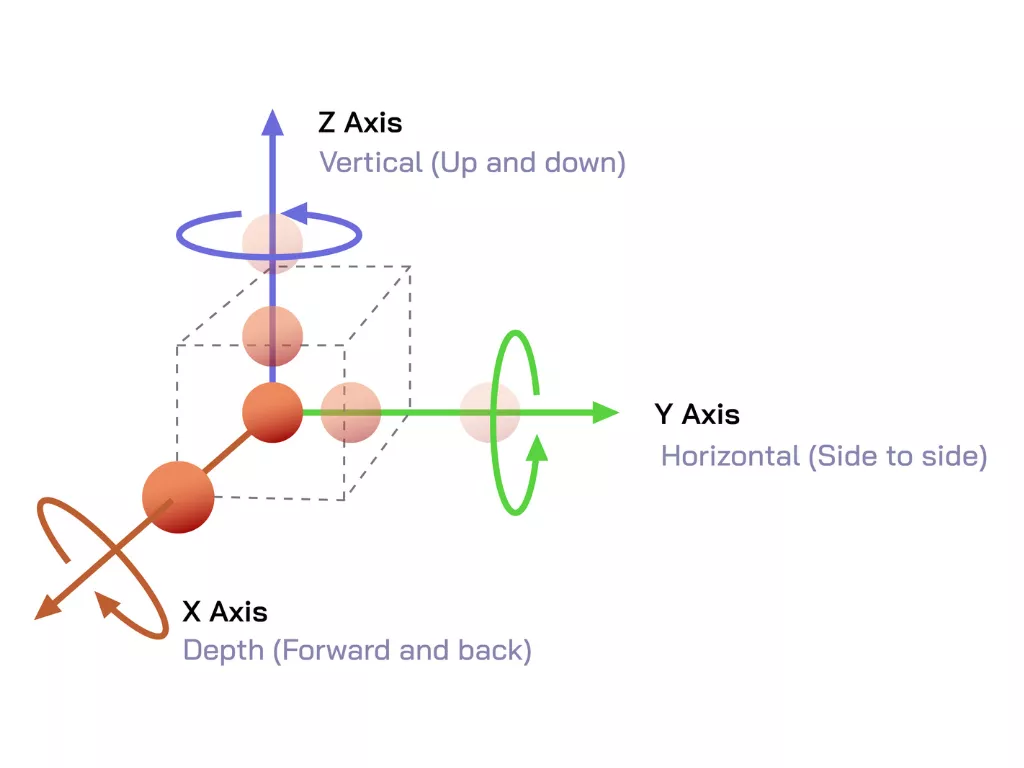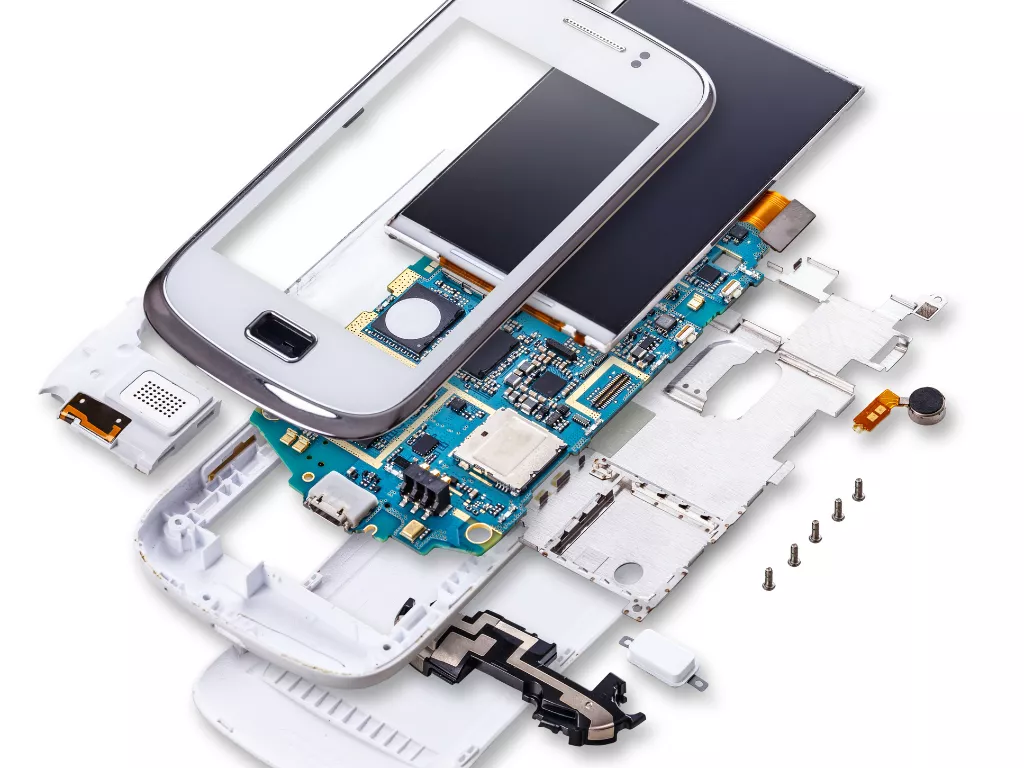Artificial Intelligence in Audiology
The field of audiology has witnessed significant advancements in recent years, and the emergence of artificial intelligence (AI) has opened new possibilities for transforming the way hearing tests are conducted. As advancements in AI continue to reshape the healthcare landscape, the integration of AI into audiology practices holds great promise for improving diagnosis, treatment, and overall patient care.
From hearing assessment to personalized hearing aids, AI is revolutionizing audiology, empowering professionals, and enhancing the quality of life for individuals with hearing impairments.

1. Enhancing Diagnostic Accuracy
One of the key areas where AI is making a significant impact in audiology is in the realm of diagnostic accuracy. Traditional audiological assessments rely heavily on subjective interpretations, often leading to variations in results between clinicians. AI algorithms, on the other hand, can analyze vast amounts of data quickly and efficiently, providing more precise and consistent evaluations of hearing abilities.
Through machine learning and deep learning techniques, AI algorithms can process complex auditory data and identify patterns that might elude human perception. This allows for the early detection of hearing disorders, enabling timely interventions and reducing the risk of further complications. Moreover, AI-powered diagnostic tools can analyze speech and language patterns, providing valuable insights into cognitive and linguistic aspects related to hearing impairments.


2. Personalized Hearing Solutions
The advent of AI has paved the way for personalized hearing solutions that cater to the unique needs of individuals with hearing loss. AI algorithms can analyze a multitude of variables, including the patient's auditory profile, lifestyle, and preferences, to customize hearing aids and assistive devices. This level of personalization ensures optimal hearing support, improving speech perception, reducing background noise, and enhancing overall sound quality.
Furthermore, AI-powered hearing aids are equipped with machine learning capabilities, allowing them to adapt and learn from the user's listening preferences in real-time. By continuously monitoring and adjusting settings based on the user's auditory environment, AI hearing aids can deliver a seamless and tailored listening experience. This adaptability empowers individuals to actively participate in social interactions, engage in conversations, and enjoy various sound environments with greater ease.
3. Automated Screening and Monitoring
AI-powered tools have revolutionized the screening and monitoring processes in audiology. With the development of innovative screening technologies, such as smartphone applications and wearable devices, individuals can now undergo hearing assessments conveniently and regularly in their own homes. AI algorithms can analyze the collected data and provide immediate feedback, enabling early identification of hearing loss or changes in auditory function. This automation significantly enhances accessibility and enables proactive management of hearing health.

4. Enhanced Rehabilitation and Therapy
AI-based systems have also proven to be valuable tools in audiological rehabilitation and therapy. Virtual reality (VR) platforms integrated with AI algorithms can create immersive environments for individuals with hearing loss to practice communication skills and simulate real-life listening situations. AI-guided therapy programs can adapt to an individual's progress, providing personalized exercises and feedback. These technologies not only enhance rehabilitation outcomes but also increase patient engagement and motivation.
5. Tele-audiology and Remote Care
The integration of AI in audiology has also facilitated the expansion of teleaudiology and remote care services. With AI-powered technologies, audiology professionals can remotely monitor and assess patients' hearing health, overcoming geographical barriers and enhancing access to care. AI algorithms can analyze patients' self-reported data, audiograms, and other relevant information to provide real-time feedback, recommendations, and adjustments to hearing devices.
6. Predictive Analytics and Public Health
AI's predictive analytics capabilities hold significant potential for audiology and public health initiatives. By analyzing large-scale audiological and demographic data, AI algorithms can identify trends, risk factors, and predictors of hearing loss. This knowledge can inform public health strategies, facilitate early interventions, and promote preventive measures to reduce the burden of hearing impairments on individuals and society as a whole.
Moreover, AI-powered predictive analytics can contribute to audiology research by identifying patterns and associations between audiological data and other health conditions. This interdisciplinary approach can shed light on the complex relationships between hearing loss, cognitive decline, cardiovascular health, and mental well-being, among other factors. Such insights can drive advancements in audiology and pave the way for integrated healthcare approaches.
Conclusion
The integration of artificial intelligence into audiology is transforming the field, empowering clinicians, and improving lives. The integration of artificial intelligence in audiology has ushered in a new era of precision, accessibility, and patient-centered care. From improved diagnostic accuracy to personalized treatment options, AI technologies are transforming the way hearing-related conditions are managed. With continued advancements and research in this field, we can expect even more innovative applications of AI in audiology, leading to enhanced outcomes and improved quality.
This blog is written by Sachin Patil, Senior Software Engineer at Decos.
Decos is a cutting-edge technology services partner ready to meet your software needs in the medical domain. If you have a question on one of our projects or would like advice on your project or a POC, just contact Devesh Agarwal. We’d love to get in touch with you!

Discover more

Exploring Degrees of Freedom: From Mechanics to Robotics

Design for Disassembly: A Path to Sustainable Product Lifecycles

